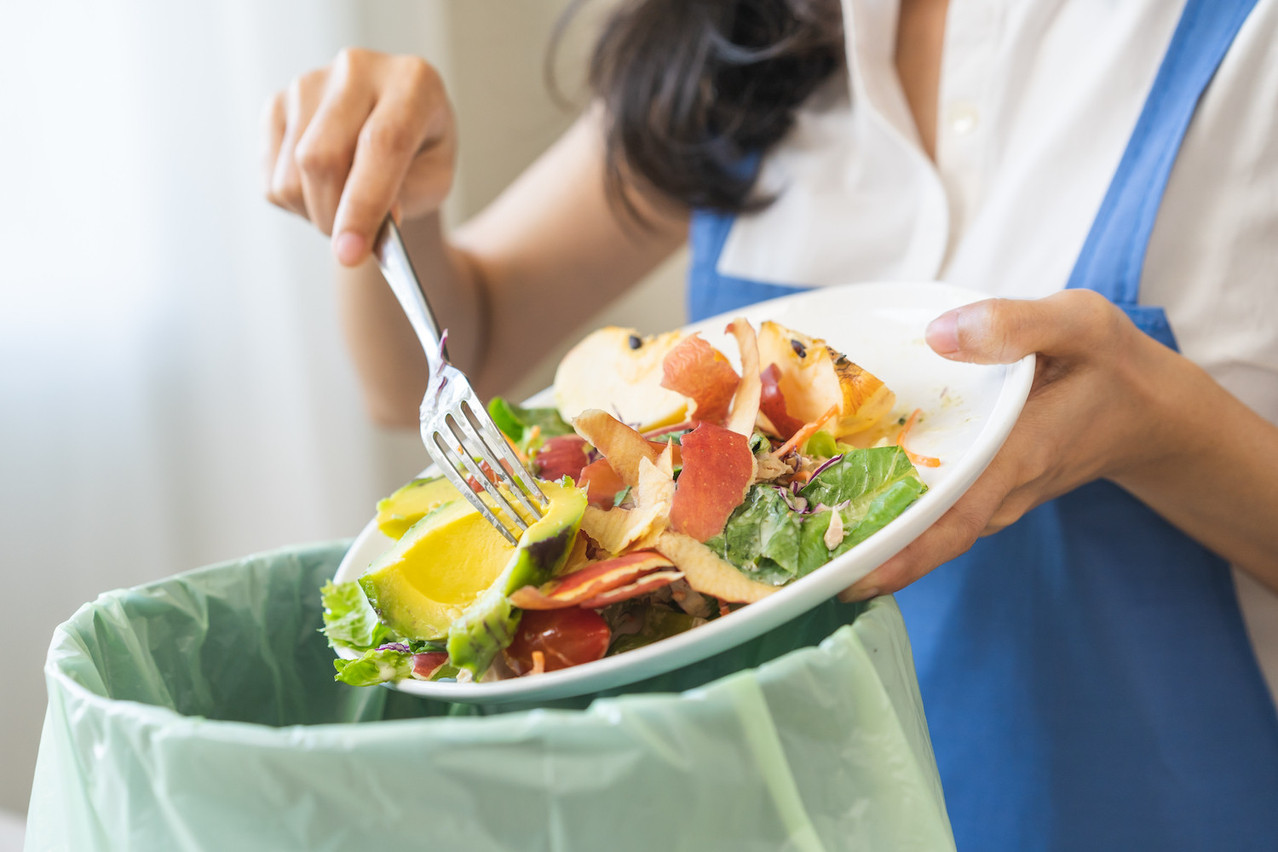Luxembourg is “celebrating” its overshoot day--the day on which its consumption surpasses its natural resources--today, 20 February. Only one country in the world has an earlier one: Qatar on 11 February. Given this dismal honour, it is perhaps unsurprising that Luxembourg residents are, on average, more wasteful than other Europeans.
Wealth is a clear factor in these results: “The correlation between your standard of living and your carbon footprint has been proven time and time again,” says Thomas Gibon, a researcher at the Luxembourg Institute of Science and Technology (List), quoted on the webpage of nonprofit SOS Faim. “In fact, the richer you are, the bigger your house, the more cars (and digital devices) you have, the more carbon-intensive your diet--the more consumer goods, air travel, furniture, clothes and sports equipment you buy.”
And the more we buy, the more we throw away, despite all efforts to change this dynamic. Eurostat’s latest statistics on household waste show that Luxembourg residents threw away 721 kilos per person in 2022, or 1.975 kilos per day, the second worst score in the European Union. Only the Danes were worse, with 787 kilos per person. The Belgians and the Swiss came in next with 677 kilos.
The 2022 figures are way up--by 22.7% to be exact--from the likes of 1995. Such a rise in the household waste per individual has been recorded across Europe, but in the same time period it only went up by 10% in the EU, making Luxembourg residents particularly culpable.
If we superimpose these figures with a list of countries ranked by purchasing power, eight of the ten richest member states are also on the top-ten list of polluters, the two exceptions being the Dutch and the Swedes.
What happens to household waste in Luxembourg? It’s hard to see any trends emerging: in 2022, recycling fell back to levels below those of 2020 and 2021 (393 kilos per person), while disposal by incineration--even with heat recovery--has fallen to 301 kilos per person (versus 379 in 2016), probably because of energy costs.
This article in Paperjam. It has been translated and edited for Delano.
